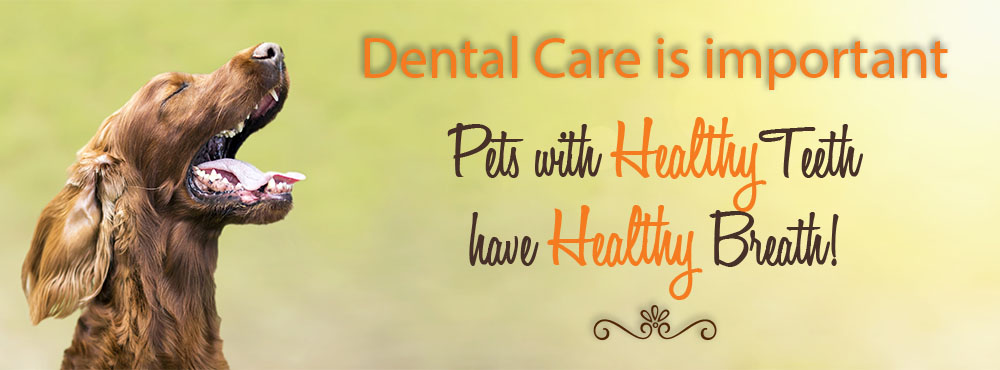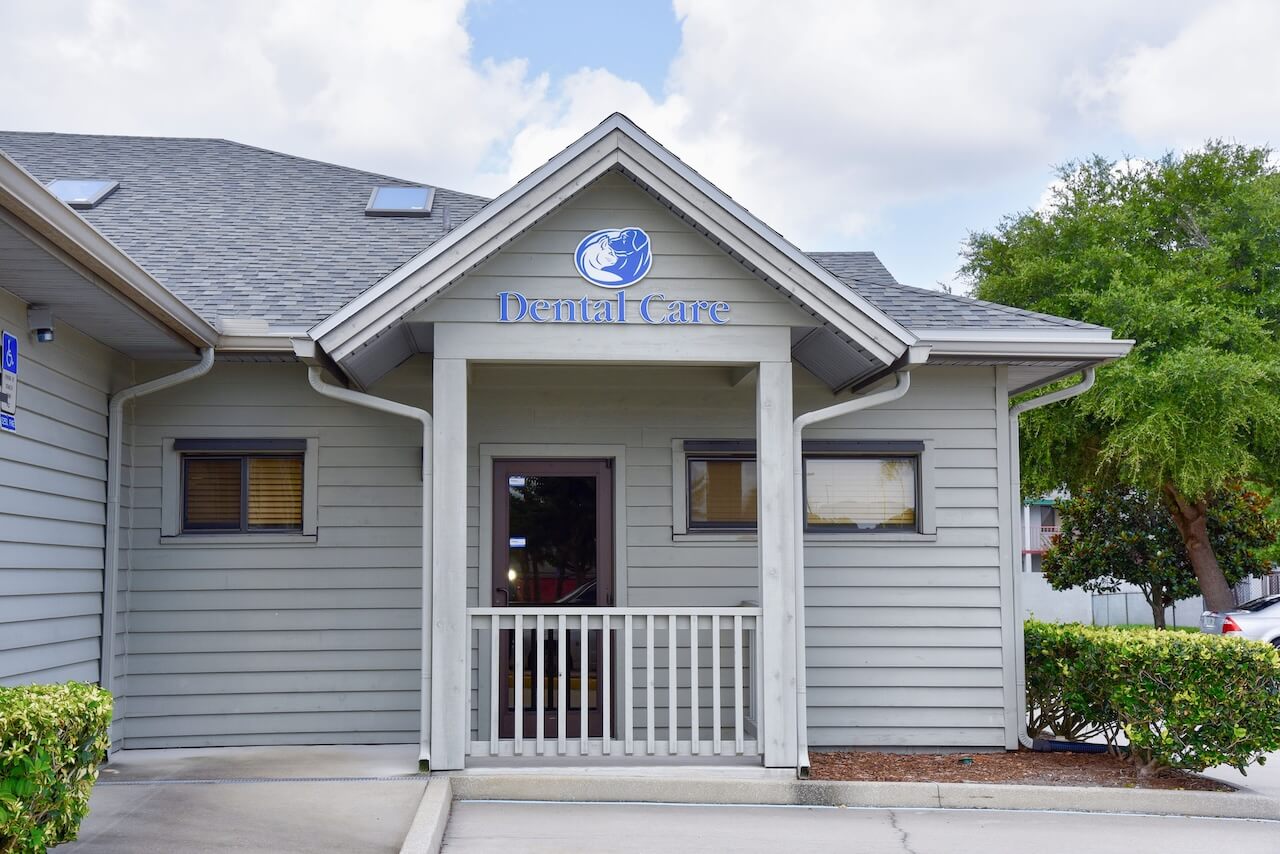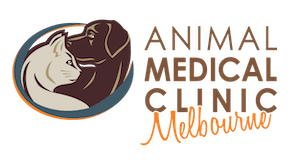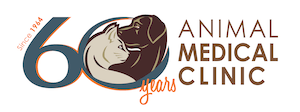Who is Providing Your Pet’s Dental Care?
The following are some questions we think you should consider when you are shopping for dental care for your pet.

Is your pet being examined to determine if they are healthy enough to be placed under general anesthesia?
At Animal Medical Clinic, our patients are examined prior to anesthesia to be certain that we feel that anesthetic risk is minimal.
Is preanesthetic blood work being done to evaluate your pet's general health before anesthesia is administered?
At AMC, this blood work is required for all patients and will be included in the cost estimate for dental care.
Do patients have intravenous catheters? Are they maintained on fluids while under anesthesia?
It is critical to have an IV catheter in place in case of emergency. IV fluids prevent blood clots from forming in the catheter, keeps fasting patients hydrated, and supports blood pressure, cardiovascular function and kidney perfusion.
Are patients being continuously monitored by equipment that records heart rate, oxygen saturation, and other vital parameters?
This monitoring is standard at AMC.
Are patients maintained on warming blankets while undergoing care?
At AMC, we use "hotdog" warming blankets to maintain body temperature on all our patients as anesthesia causes a drop in temperature.
Is the dental cleaning being done by a certified veterinary technician who is trained to do dental prophylaxis?
At AMC, our certified veterinary technicians have many hours of continuing education in the veterinary dental field. Our patients are monitored by our dental care staff from the time of admission until the time of discharge. This allows us to provide excellent continuity of care, and your questions can actually be answered by the people who are familiar with your pet's particular situation.
Is a veterinarian in the room and available to oversee the procedure and evaluate any problems that may arise?
AMC has a doctor overseeing all the dental work that day.
Does the facility have dental radiology equipment?
With dental x-rays, you can evaluate disease that exists below the gumline. Most dentists agree that you will miss at least 50% of disease without radiographs. Despite this fact, most veterinary clinics do not have dental x-ray equipment. At AMC, we have two digital dental x-ray machines that are available for use by our well-trained veterinarians and technicians.
Does your veterinarian have dental-specific training?
Most veterinary schools spend little if any time training students in proper dental care techniques. These skills must be learned by making special efforts to obtain them. Dr. Carraway is a member of the American Veterinary Dental Society and regularly attends continuing education seminars dedicated to dentistry. We have been trained in proper surgical extraction techniques, gingival flap surgeries, treatment of periodontal disease, removal of un-erupted teeth, jaw fracture repair, oral mass removals, and many other oral surgery techniques.
Does your veterinarian have the proper equipment to care for your pet's teeth?
 AMC has several piezoelectric scalers that allow us to remove calculus, both above and below the gumline. These scalers produce a linear tip motion without producing heat which can be damaging to the tissues. We also have low-speed hand pieces for application of polishing pumice. All of our dental units have high-speed drills which have many purposes, including allowing us to efficiently split teeth for less traumatic extractions.
AMC has several piezoelectric scalers that allow us to remove calculus, both above and below the gumline. These scalers produce a linear tip motion without producing heat which can be damaging to the tissues. We also have low-speed hand pieces for application of polishing pumice. All of our dental units have high-speed drills which have many purposes, including allowing us to efficiently split teeth for less traumatic extractions.
Are pain relief medications a standard protocol?
AMC uses a combination of systemic pain relievers that are administered injectably and local anesthetics that are used to block sensation to a particular part of the mouth before surgical intervention. We also dispense whatever oral medications are necessary to provide continued pain relief at home.
Are you being encouraged to provide home dental care for your pet?
AMC does whatever we can to encourage home dental care. We do understand the fact that many owners have great difficulty in trying to brush their pet's teeth. We do our best to educate owners on options for home care, including brushing, DentAcetic Wipes, chew products, and prescription diets that are helpful. Our goal is to maintain your pet's oral health. We are always happy to see clients that have been successful with their home care efforts. Obviously, the better job one does with home care, the less often professional cleanings will need to be performed.
What about anesthesia-free dentistry?
Our veterinarians feel strongly that quality dental cleaning usually requires general anesthesia. The reasons for this are many; including the ability to clean both above and below the gum line, the ability to do a thorough job of probing the teeth, the ability to polish all tooth surfaces, the ability to obtain radiographs of diseased teeth, and the ability to perform these procedures in a manner that is safe and pain free for the pet and the professional. We recognize the fact that some pet owners are truly afraid of general anesthesia and we will do all we can to make the appropriate recommendation for each of our patients. Keep in mind that sometimes what the owner thinks is indicated may not be the best procedure for their pet.
There is a tremendous amount involved in proper dental care for pets. Our goal is to inform our clients so that they can make an educated decision when it comes to choosing dental care for their pets. If any of our staff can ever be of any help in answering your questions, please do not hesitate to ask.



